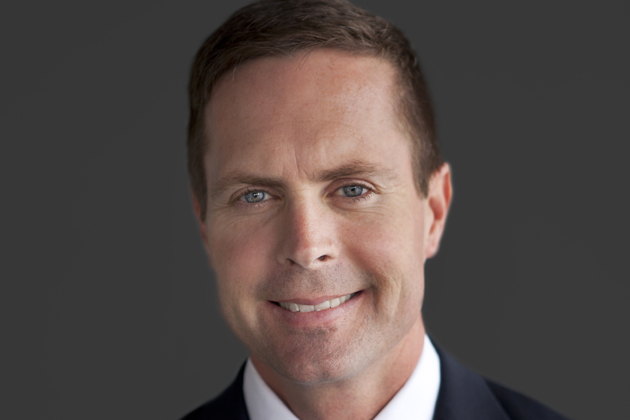
By Greg Bishop/Illinois Radio Network
WASHINGTON, D.C. – A central Illinois congressman is taking the lead on changing the formula for which the Federal Emergency Management Agency provides financial assistance to make it more fair.
U.S. Rep. Rodney Davis, R-Taylorville, got a measure into the Department of Homeland Security funding bill that passed the House last week that he said would fix FEMA’s formula.
Davis said the current formula is based off a state’s population, which he said isn’t fair for rural Illinois “when we all know the majority of Illinois’ population lives in one northeast corner of our state while most disasters actually happen in central and southern, and the rural areas of Illinois.”
FEMA multiplies the state’s population with $1.39, Davis’ office said, then uses this number as a threshold for determining the state’s need for public assistance following a disaster like a flood or tornadoes.
Compared to surrounding states, Illinois has to hit $18 million, nearly twice that of Indiana’s $9.1 million and more than four times Iowa’s $4.3 million threshold.
FEMA can also take into account infrastructure damage done in a specific county, but Davis said it’s highly subjective.
Davis said it’s more damaging when rural areas get hit with disasters “because the larger metropolitan area usually will have more resources to help their citizens recover versus the smaller local government who won’t be able to upgrade the local road or bridge that they have planned.”
Davis said he’s been fighting to fix the FEMA formula since he took office following tornadoes that killed eight in Harrisburg, Illinois, causing millions of dollars in damage on Feb. 29, 2012. Despite then-Gov. Pat Quinn requesting the federal government to declare disasters for five southern Illinois counties, FEMA said state, local and charitable funds were enough to cover the costs.
The U.S. Small Business Administration (SBA) eventually declared disaster for several counties, including Saline County in March of that year. That opened up SBA loans that had to be payed back with a low interest rate to homeowners, renters and businesses to repair or replace damaged property.
Davis said the current FEMA formula for disaster reimbursement based off a state’s population is punishing to the rural areas.
“We ought to be able to be more fair,” Davis said. “It ought to be more regionally based, and that’s what our language would do, allowing FEMA to take into consideration more localized impacts.”
Davis said he had lots of bipartisan support for the proposed fix in previous years when the measure was a standalone bill. It passed the House last session but it never passed the Senate.
The proposed formula change is part of a Homeland Security funding bill that passed the U.S. House last week and is now in the Senate.
The latest example highlighting the problem, Davis said, is the $15 million in flood damage in the parts of northern Illinois sustained last fiscal year. Gov. Bruce Rauner requested public assistance for 16 counties but was denied federal assistance.






